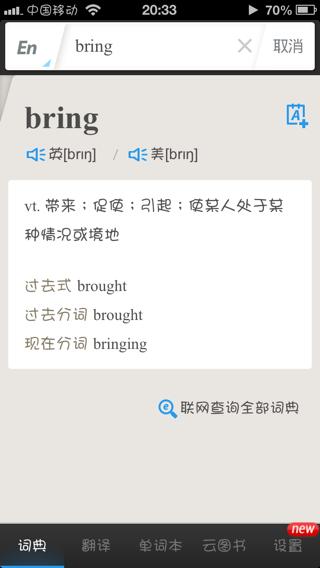Understanding the English Translation of "呵呵呵"
In Chinese, "呵呵呵" (hē hē hē) is often used to indicate laughter, usually with a hint of sarcasm or a laidback attitude. It's similar to "haha" in English, but with a nuanced context depending on the conversation's tone and participants' relationship. Translating "呵呵呵" into English, especially in written text, can be straightforward, but the context is key to ensuring an accurate interpretation.

Meaning and Usage
"呵呵呵" is typically used to express:
1.
Laughter
: In a lighthearted context, "呵呵呵" serves as a simple representation of chuckling or light laughter. It can be a response to a mild joke or a humorous comment.2.
Sarcasm or Disbelief
: In more serious conversations, "呵呵呵" can imply sarcasm, disbelief, or a lack of enthusiasm. It's often used to downplay a situation or indicate skepticism. This usage is similar to a dry "haha" in English.Translating "呵呵呵"
Given the possible contexts, here are some English equivalents for "呵呵呵":
Casual Laughter
: If the context is friendly or humorous, "haha" or "hehe" would be suitable translations. They convey a sense of lightheartedness without suggesting sarcasm.
Sarcasm or Irony
: If the context leans towards sarcasm or skepticism, you could use "heh" or even "yeah, right" to imply disbelief or irony. These expressions carry the same connotation as "呵呵呵" in a sarcastic context.Example Scenarios
To further illustrate, here are a few example scenarios and their English translations:
Scenario 1: Casual Laughter
A: "我昨天看了一个很有趣的电影。" (I watched a really funny movie yesterday.)
B: "呵呵呵,那是什么电影?" (Haha, what movie was it?)
In this case, "呵呵呵" is a simple laugh indicating genuine interest in the conversation.
Scenario 2: Sarcasm or Irony
A: "我听说你得了奖!" (I heard you won an award!)
B: "呵呵呵,那是个误会。" (Heh, that's a misunderstanding.)
Here, "呵呵呵" conveys a sarcastic undertone, suggesting that the award might not be as significant as it seems or that there's a humorous backstory behind it.
Final Thoughts
When translating "呵呵呵" into English, it's crucial to understand the context and the relationship between the speakers. Depending on whether the tone is friendly or sarcastic, the English equivalent can range from "haha" to "heh," each carrying its own connotations. This subtlety is key in preserving the intended meaning and tone in translation.











